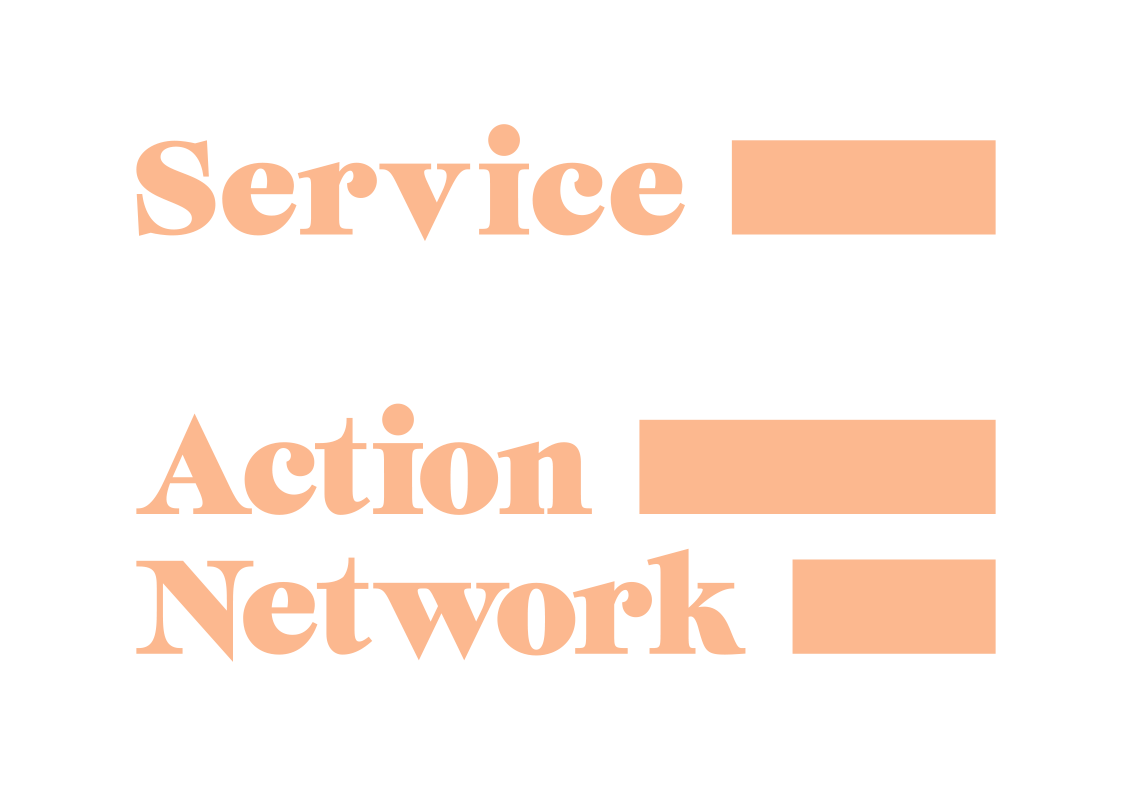
Current Efforts and Continuing Oversight
Current Efforts
Here are some of the current bills in the House and Senate that SWAN is tracking:
Continuing Oversight
SWAN will provide oversight on the implementation of previous NDAAs and other legislation and policy throughout 2023 as well as attend relevant congressional hearings and policy meetings to alert members of issues and actions. This vigilance is needed to protect advances already made and warn of legislation or policies that will negatively impact servicewomen and minorities and as well as veterans. SWAN often works with VSOs, MSO, and others who also support servicewomen and minorities and veterans on current and future legislation and policy. Other oversight of DoD and VA policies already passed in law and legislation will include:
The Deborah Sampson Act for VA support including childcare, eliminating sexual assault against and harassment of women and minority vets by staff as well as other veterans, care for survivors of intimate partner violence, and increasing staff cultural competency.
USMC Recruit and Officer Training including Congressionally directed integration.
“Leaders First” which the Army is supposed to phase out. This program restricts women’s assignments to some units. Further action may be needed, including at the state level to insure the National Guard also eliminates this practice.
Army Physical Fitness standards. Congress directed new standards for close combat units and non-combat units, with specific identification of close combat units that require more rigorous age- and gender-neutral standards. General fitness standards are usually gender- and age-normed.
Personal Protection Equipment (including body armor and helmets). Efforts to require the Services to expedite the contracting, procuring, and fielding of a new generation of PPE with an emphasis on smaller sizes first. Many women and smaller men are sustaining serious injuries from having to train and operate with ill-fitting PPE. VA claims have been problematic.
Contraception without co-pays for uniformed service personnel and their families and veterans and other VA beneficiaries. Several efforts to expand access have been underway in the last congress that may be continued in the 118th (Representatives Escobar and Strickland and others).
DoD’s non-covered abortion care policies on privacy, leave and travel are subject to being overturned in the NDAA. This policy also includes Assisted Reproduction Technology users. There are other congressional efforts to codify these policies by Representative Crow, Senators Shaheen and Reed, and others. These new DoD policies (or laws) are needed because members don’t get to choose where they are stationed and some states have, or are planning, banning almost all forms of abortion no matter what the medical or health requirement of the patient is. The 1970s Hyde Amendment already restricts MTFs against providing any care except in reported cases of rape, incest and the life of the pregnant person. Members and dependents are sent off base to receive non-covered care. Now many cannot receive care in the community because of the Supreme Court’s Dobbs ruling. The same kinds of policies for unavailable MTF care (and even assignments) already exist for military members as part of the Exceptional Family Member Program. As of late February, at least one Senator had placed a hold on general officer promotions to pressure DoD to reverse the policy.
Executive Order on legal abortion care: President Biden signed an Executive Order in July 2022 requiring a number of federal agencies to expand access to and education about reproductive health care including legal abortion care (this includes HHS, FDA, DOJ, FTC, USPS, VA, and others) this will also have an impact on servicewomen and minorities and their families.
Assisted Reproductive Treatment should be expanded for the uniformed services and veterans including IVF and surrogacy. For the expansion of ART outside traditional marriage and beyond service-connected conditions as well as allowing for donation of eggs and sperm. Currently, IVF is restricted to heterosexual married couples who can provide their own gametes and have a service-connected disability impacting their fertility. This would expand eligibility to those previously barred by DADT policies and laws (overturned in 2011). Representative Brownley’s proposed VA legislation would also allow for permanent funding rather than depending on annual appropriations. SWAN is watching House Bill 544. Senators Murray and Larson are co-sponsoring bi-partisan legislation that supports servicemembers and veterans in an expansion of ART allowing surrogacy, donations, and adoptions.
Insuring Military Readiness Act. SWAN will support efforts against Senator Rubio/Representative Banks’ measure that would bar otherwise qualified or serving trans persons’ military service.
MAMMO for Veterans Act is a bipartisan, bicameral, unanimous measure that provides upgrades for the VA’s ability to provide early detection and treatment for breast cancer for all veterans including those with other disabilities. President Biden signed PL 117-135 June 7, 2022. Continued oversight of implementation is needed.
Medical cannabis for veterans and servicemembers and expanding VA medical cannabis research are addressed in efforts including HR 1003/SR 2023. Representative Mace may also reintroduce her bill to allow for medical cannabis use for military members that mirrors a bill from the 117th Congress. [Post link to DAV letter here supporting HR 1003/SR326]
Veterans’ unemployment includes the INVEST Act (Representatives Lee and Garamendi) that offers tax incentives for clean energy companies to hire qualified veterans (those with certifications from the military or certifications gained through free VA courses). The Departments of Labor and Education programs as well as committees outside HVAC/SVAC must be involved.
Air transport for rural veterans for critical care and expansion of the programs providing vehicles with assistive technology for disabled veterans (currently they are only allowed one purchase no matter how many years they have a need).
Protecting Moms Who Served Act (Representative Underwood and others) for female veterans’ medical care expansion.
Military service and Tricare medical cuts, Ensuring that the pause on making further cuts is maintained or reversing those cuts.
Tricare pharmacy cost-saving efforts. Ensuring that does not increase out-of-pocket costs or decrease availability for servicepersons and veterans seeking services.
Gender affirming treatment. Support for initiatives for servicemembers’, dependents and veterans’ access.
Dental health services. Support for maintenance and expansion of servicemembers, veterans, and families.
Long term care. Expanding LTC options for veterans, especially women and minorities. This effort must include agencies and committees outside VA and
HVAC/SVAC.

